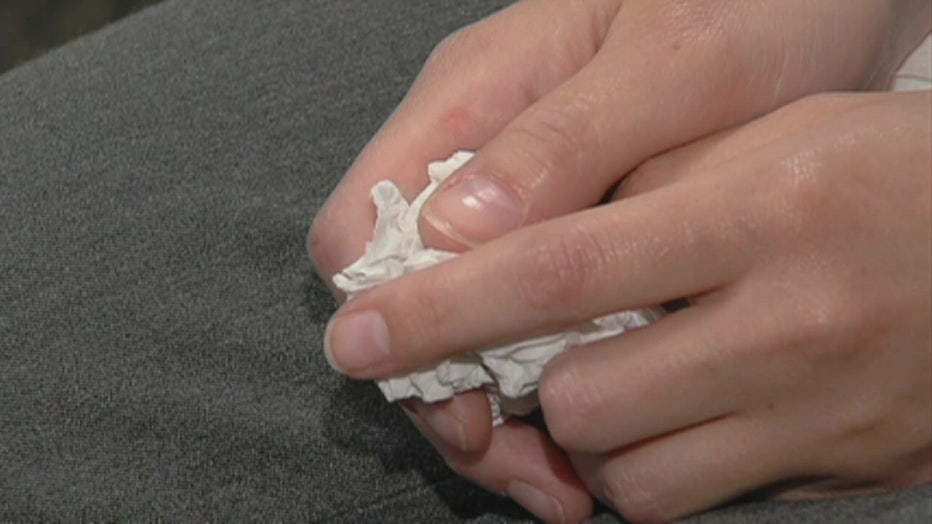End of daylight saving time can mark the beginning of bouts of seasonal depression
TAMPA, Fla. - This Sunday marks the end of daylight saving time, which means clocks will "fall back" one hour, making the days feel longer, but it will get dark sooner.
For millions of Americans, it can also mark the beginning of bouts of seasonal depression, including feelings of sadness, loneliness and sluggishness. Often times it’s just minor but for some the feelings can be overwhelming.
Seasonal Affective Disorder is said to affect about 10 million Americans. It can be especially difficult on the younger, still developing brain.
READ: Seeing, listening to birds can improve mental health, study finds
"You combine the outside forces of anxiety and stress with the basic brain development where young people can be more susceptible to crisis," said Rick Birt, the president of Students Against Destructive Decisions.

Birt said there are signs parents and friends can look out for to know when someone is struggling beyond their control.
"Some of those signs you can look for are changes in the regular as we like to say. So changes in appearance, changes in appetite, changes in social moods," Birt said.
If you or a loved one is feeling distressed, call the National Suicide Prevention Lifeline. The crisis center provides free and confidential emotional support 24 hours a day, 7 days a week to civilians and veterans. Call the National Suicide Prevention Lifeline at 988 or 1-800-273-8255. Or text HOME to 741-741 (Crisis Text Line).
CLICK HERE for the warning signs and risk factors of suicide. Call 1-800-273-TALK for free and confidential emotional support.


